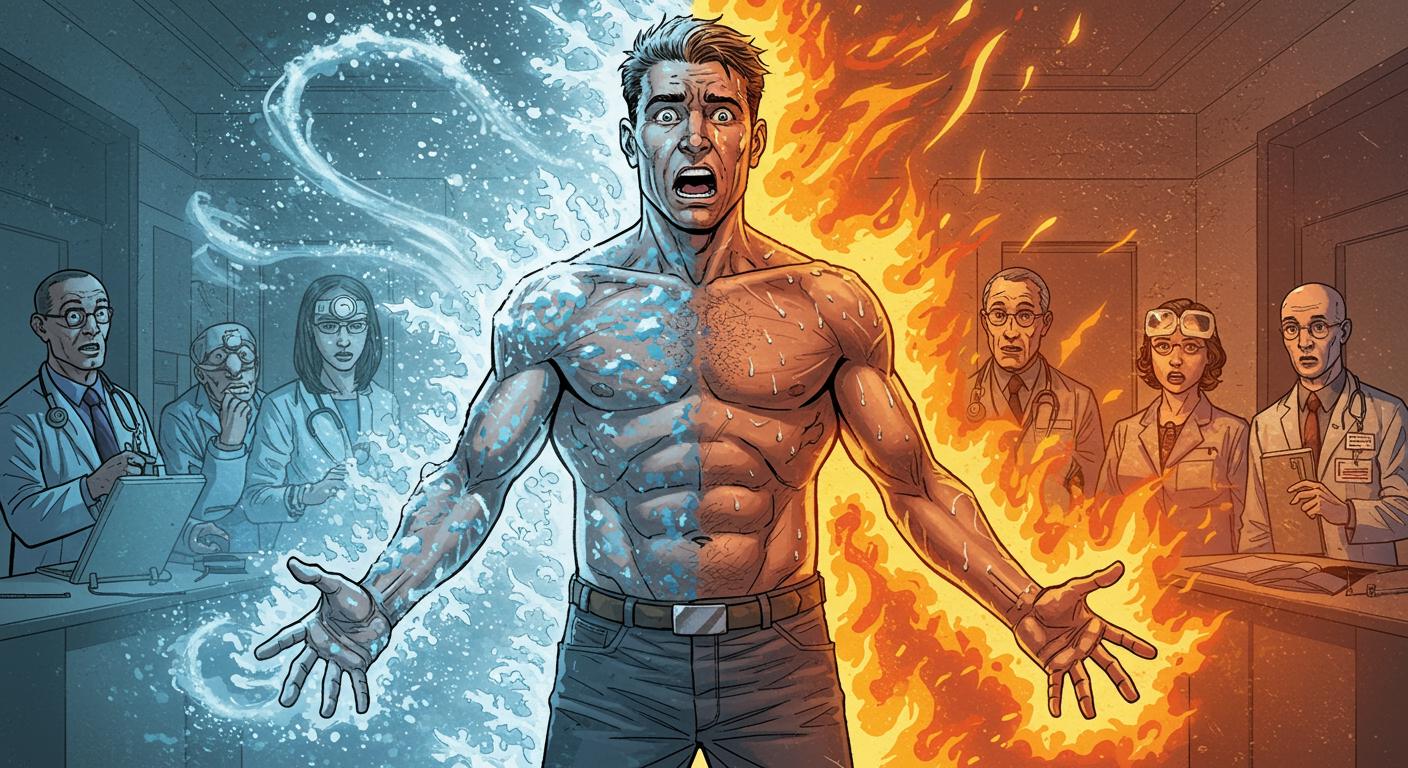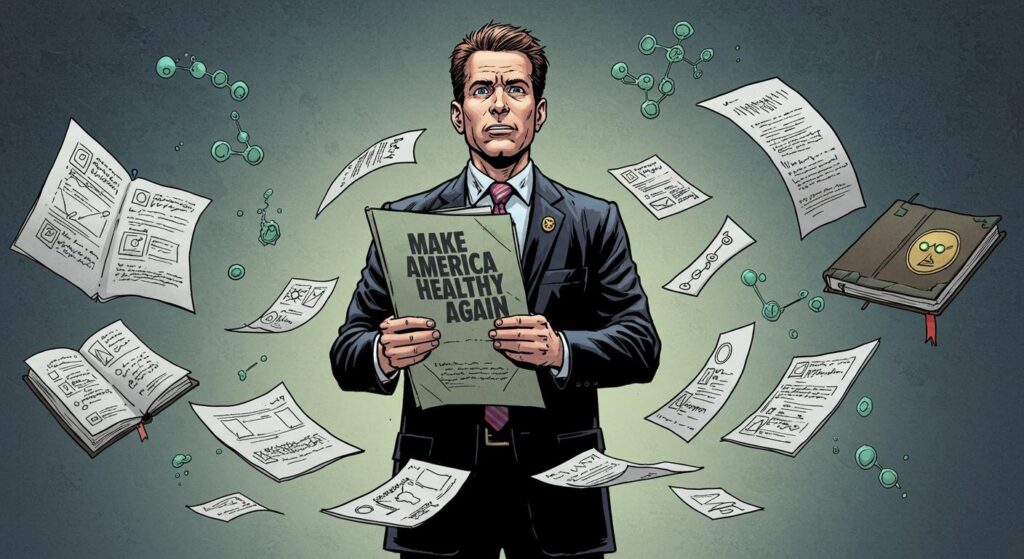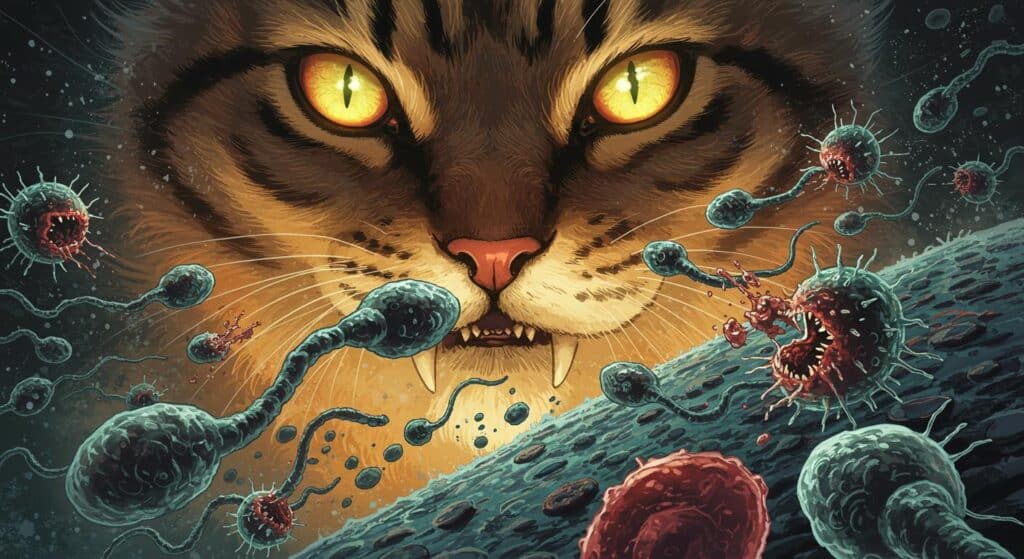Sometimes reality offers up stories that sound less like medical science and more like the punchline to a riddle. Recently, one such example appeared: a case described by Oddity Central, involving a man whose body confuses cold and hot sensations—much to the perplexity of doctors.
Cold? Hot? The Body Misses the Memo
There’s an old saying about knowing whether you’re hot or cold, but for this particular individual, the answer is not just elusive—it’s inverted, scrambled, or perhaps set to random. The headline alone suggests a curious predicament: somewhere, someone is experiencing temperature in a way that defies expectation, and even the experts are left scratching their heads.
The specifics beyond this remain unstated, which leaves us with more questions than answers. Is it a matter of nerves misfiring, a rare genetic glitch, or something that hasn’t even earned a name yet? Oddity Central offers no further clues, only framing the phenomenon as a notable medical mystery.
The Limits of Knowing
And maybe that’s the most fascinating part—the gap where details should be. Faced with a single revealed oddity and little else, we’re invited to speculate not just about this man’s experience, but about all the ways our bodies can go off-script. If the headline alone is any indication, even modern medicine must sometimes shrug and admit: “We don’t know why this happens.”
Wouldn’t you like to know what a world feels like where a breeze can burn or a heater can chill? Or perhaps it’s better—at least for comfort’s sake—to have no idea at all. Regardless, stories like this one remain reminders that the human body is still prone to the occasional unsolvable riddle. Sometimes all we get is the question, and the answer continues to elude even those in white coats.
In an era overflowing with medical knowledge, it seems there’s still space for a little bit of mystery. What other sensory surprises might be out there, waiting to be noticed?







